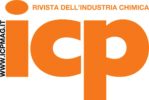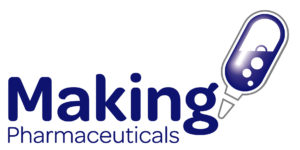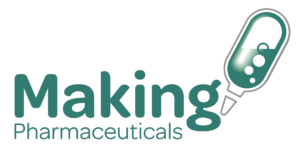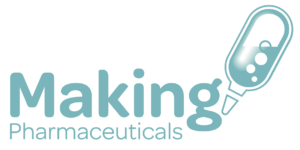Microfluidic Technology for the production of Solid Lipid Nanoparticles
Time: 4:00 pm - 4:30 pm
Date: 26 March
Theatre: Arena 4
Synopsis
Solid lipid nanoparticles (SLNs) have been explored as alternatives to colloidal drug delivery systems, such as lipid emulsions, liposomes and polymeric nanoparticles. They have many advantages over traditional drug delivery systems, they could prove to be an efficient delivery and targeting system for drug and biologically active molecules. Despite their extraordinary potential, translation from the preclinical formulation to the industrial scale-out might have limitations. In recent years, microfluidic nanoparticle production strategies have been developed with the goal of providing a successful approach to scale-out the nanoparticle synthesis process in a reliable and reproducible manner [1]. Recently, we have developed the
first lab-made set-up to produce SLNs by microfluidics [2]. Through a systematic optimisation process, SLNs have been made using the glass-capillary microfluidic device, opening a new avenue for future standardisation and scale-out of the production
of such nanosystems. The achievement of a continuous and reproducible method of producing SLNs has encouraged us to explore devices of different materials and geometry to offer a versatile platform for engineering SLNs and encapsulating bioactive molecules.
[1] Liu, D., et al., A Versatile and Robust Microfluidic Platform Toward High Throughput Synthesis of Homogeneous Nanoparticles with Tunable Properties. Advanced Materials, 2015. 27(14): p. 2298-2304.
[2] Arduino, I., et al, ‘Preparation of cetyl palmitate-based PEGylated solid lipid nanoparticles by microfluidic technique’, ActaBiomater, 2021 121: 566-78
Chairman
 Dimitrios Lamprou Queen's University Belfast
Dimitrios Lamprou Queen's University Belfast
Speaker
 Nunzio Denora Università degli Studi di Bari Aldo Moro
Nunzio Denora Università degli Studi di Bari Aldo Moro
« Back



















